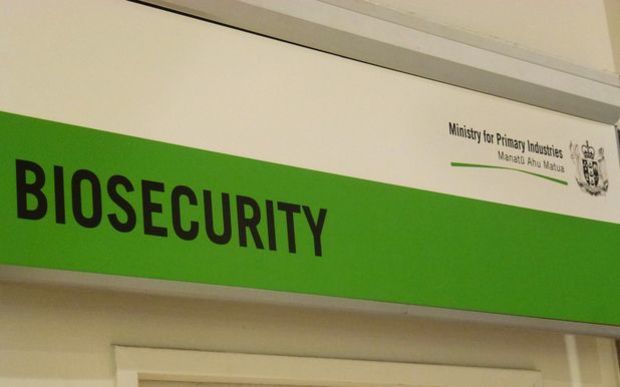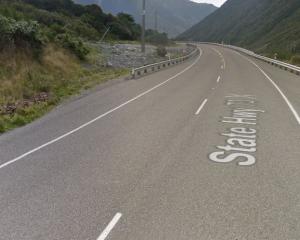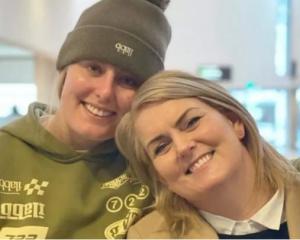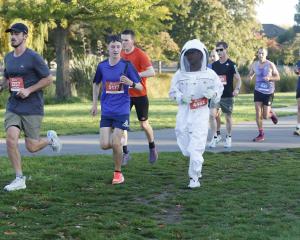
The seeds were discovered by staff trained to identify differences in luggage that are generally not visible but could pose a biosecurity risk.
Chitra Paul, 31, smuggled 920 seeds and has pleaded guilty to one charge under the Biosecurity Act 1993. She was fined $2500.
Ministry for Primary Industries regional manager compliance investigations Gerald Anderson said risk goods like seeds need to be declared to manage biosecurity risk.
"Concealing seeds or food and making a false declaration is a serious matter," he said.
"If you are unsure, then declare them and allow border officers to check them.
"When it comes to biosecurity, it’s best to be on the safe side."
The offending occurred when Paul was returning from India to her home in Christchurch.
When she returned, Paul went to the Ministry for Primary Industries Biosecurity Controlled Area at Christchurch International Airport.
She had ticked “No” on her declaration card for bringing seeds or plant products into New Zealand.
When the seeds were discovered she said she thought the bean and spinach seeds belonged to her sister and that her sister was taking them to Italy.
Bean seeds are prohibited unless they have been treated, or additional official declarations are supplied, before entry as they have the potential to harbour high risk biosecurity pests.
Anderson said the seeds had no identification.
"Illegally and accidentally introduced organisms can have major consequences for the natural environment and the primary production sector of the economy.
"Recent biosecurity breaches have had huge impacts on New Zealand businesses, the wider economy and the natural environment.
"Biosecurity NZ takes its role of protecting New Zealand from biosecurity threats very seriously. Our country is fortunate to be free of many of the invasive pests and diseases found in other countries.
"For this reason, passengers who fail to declare items that could bring pests and diseases into New Zealand will be investigated and where appropriate will be charged.”













